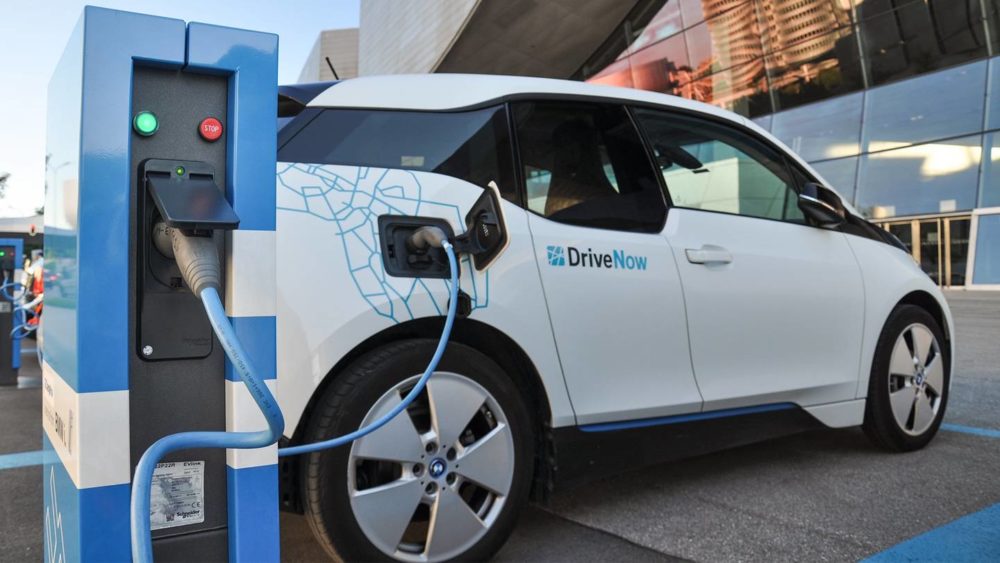
The Ministry of Industries and Production (MoI&P) has decided to formulate Pakistan’s first-ever Electric Vehicles (EV) policy for cars, motorcycles, and rickshaws, etc, reported a local English newspaper.
Most countries have announced ambitious plans for electric vehicles (EV) to reduce their reliance on fossil fuels for the sake of the environment.
The government has started working on EVs after Prime Minister Imran Khan directed the authorities to ensure the conversion of 30% of all cars running in the country to electric vehicles by 2030.
However, for Pakistan, the objective of the EV policy is as follows:
According to the initial draft, the provincial governments will be asked to make the registration of EV license plates and the acquiring process easier for the local manufacturers.
Work on lowering the EV cost of raw material (imported /local) by subsidizing the category e.g. batteries, solar, so the local industry can be developed and can become independent.
The federal government needs to play its part by lowering the Custom Duty imposed on the raw material and components and restrict the finished products imported into Pakistan. The Federal Board of Revenue (FBR) will also be taken on board concerning the taxation policy.
The draft policy will also give a detailed plan for the development of infrastructure (battery charging units) so it becomes reasonable in terms of cost-benefit for EV early adopters. For this purpose, the Power Division will also be taken on board for the fixation of reasonable and attractive tariffs for the EVs.
The Provincial Governments will provide loans via private financial institutions to EV customers, especially for 3 wheelers, so that the rickshaw drivers (which are part of the lower-income bracket) can be a part of the “Green and Clean mission of Pakistan”.
The government is also expected to implement a “vehicle replacement assistance program” which issues tax credit to Electric Vehicle owners.
The charging units and federal grants or loans in rural communities will also be available to increase Electric Vehicle ownership by lowering barriers to adoption for rural customers (lower income bracket).
Lahore, Karachi, and Islamabad will be assigned target air quality index 2025 by implementing Electric Vehicle credits. The EVs’ consumers will be asked to apply for the sales tax credit on EV purchase in the initial phase.
The Electric Vehicle policy prepared by the Ministry of Climate Change has set multiple targets including the sale of 100,000 electric cars, vans, jeeps and small trucks in the next five years. The Ministry aims to increase the number to 60,000 electric vehicles sold annually by 2030.
According to the long term targets set in the policy, production targets for vehicles in the two, three and four-wheeler category have been set at 500,000 units with companies given access to the market within the next five years. By 2030, the target has been set at 900,000 units and by 2040 the target is 90% of sold vehicles.